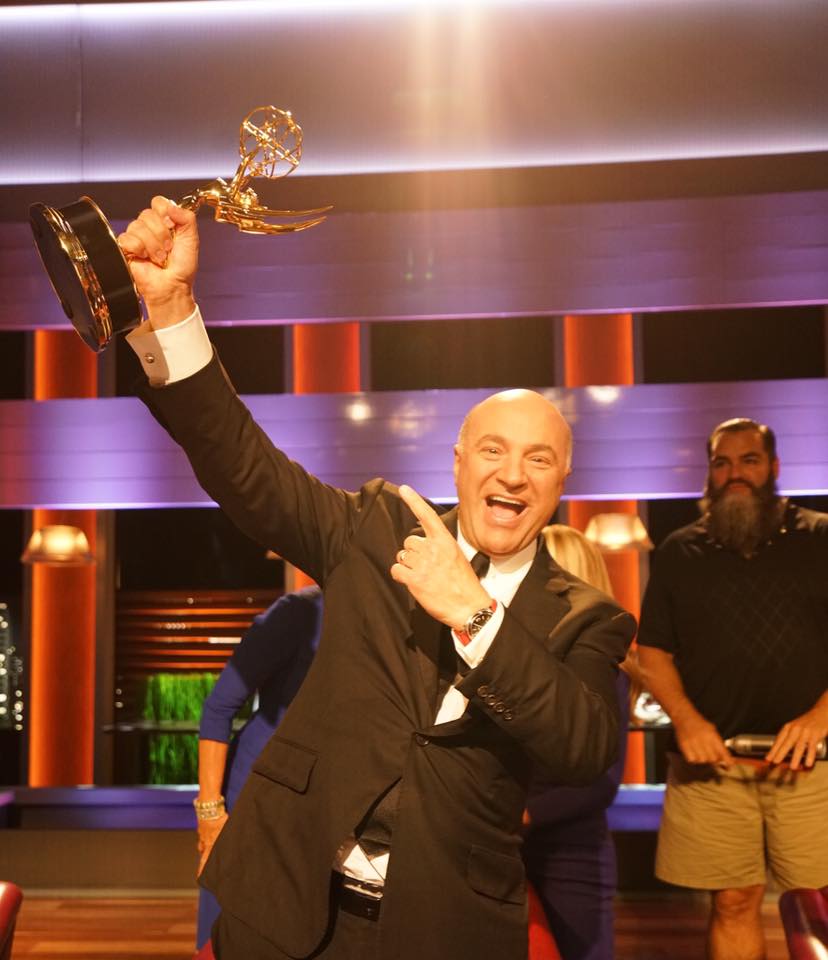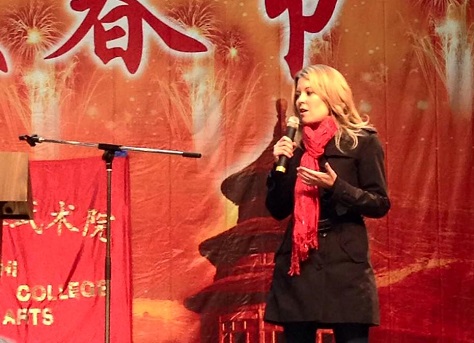
If Kevin O’Leary has his way, Donald Trump won’t be the only public official who won power as a businessman-turned-reality TV star. ![]()
From the set of ABC’s Shark Tank — produced by Mark Burnett, who also brought Trump to the small screen with The Apprentice — O’Leary hopes to wage a campaign to bring his brusque ‘shark tank’ mindset to Canadian politics, first to the Conservative Party, then by bringing the fight to current prime minister Justin Trudeau’s Liberal government.
Unlike Trump, however, O’Leary will at least be able to say that he’s won an Emmy.
After months of consideration, O’Leary three weeks ago entered the crowded race to lead the Tories. So far, he’s a shark who is making a splash.
O’Leary, the son of an Irish father and small businessman, got his big break in business as the founder of Softkey, a Canadian software producer, riding the wave of growth in the personal computer industry that began in the late 1980s and exploded in the 1990s. O’Leary’s financial empire, over the years, grew to include everything from investment management to physical storage services. But his real claim to fame lies as one of the stars of Dragon’s Den, a reality TV show that launched on CBC in 2006. On the show, O’Leary portrayed a no-nonsense venture capitalist judging the projects of various contestants. (Sound familiar?)
Wildly popular in Canada and, indeed, one of the most popular television programs in Canadian history, Burnett picked up the concept for American television in 2009 and turned the series into Shark Tank, where O’Leary continued to hold a leading role and quickly assumed the nickname ‘Mr. Wonderful.’
Conservative Party members increasingly believe that Mr. Wonderful may also be Mr. Right, insofar as they think O’Leary can lead them out of the Trudeau-era wilderness and back into power. They will vote in May to crown the party’s first permanent leader since prime minister Stephen Harper’s defeat in the October 2015 general election. Continue reading O’Leary, businessman and ‘Shark Tank’ star, wants to be Canada’s Trump

